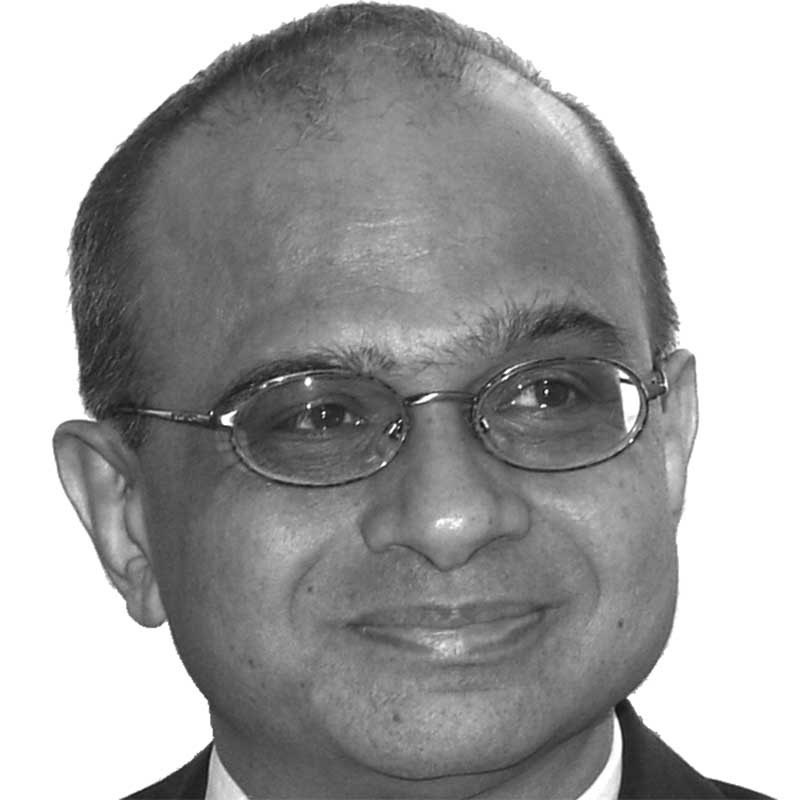
Brahma Chellaney
Brahma Chellaney, a longstanding contributor to The Japan Times, is a geostrategist and the author of "Asian Juggernaut" (Harper, 2010) and "Water: Asia’s New Battlefield" (Georgetown University Press, 2011), which won the 2012 Bernard Schwartz Award. He is professor of strategic studies at the Center for Policy Research, New Delhi.
Dec 2, 2001
Nov 10, 2001
Jul 21, 2001
Jul 1, 2001
Jun 13, 2001
May 31, 2001
May 9, 2001
Apr 14, 2001
Mar 31, 2001
Dec 4, 2000
Nov 19, 2000
Nov 9, 2000
Nov 2, 2000
Sep 7, 2000
Jul 15, 2000
Jun 17, 2000
Jun 3, 2000
May 29, 2000














